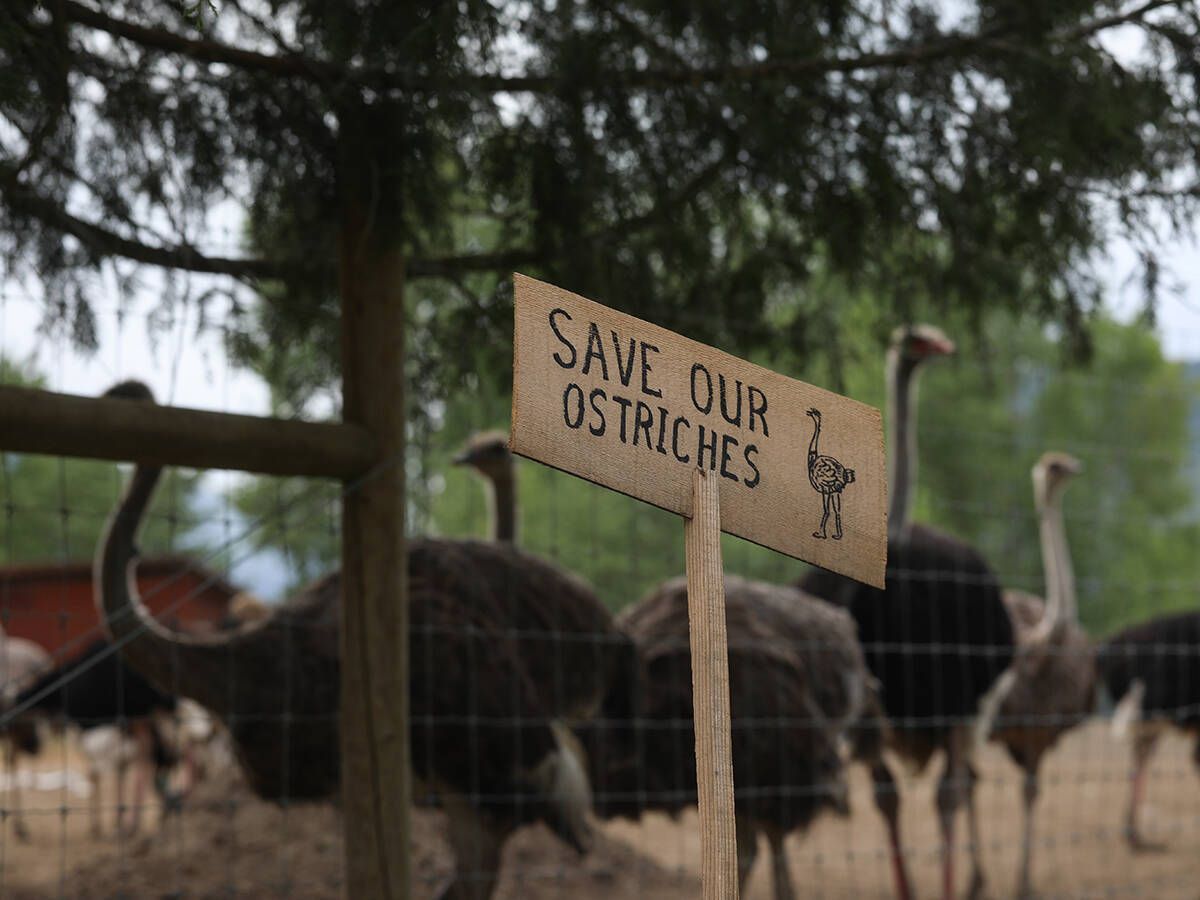Allowing staff to make daily decisions will allow delegates to better focus their efforts: official
EDMONTON — Alberta’s main cattle organization is in danger of losing its grassroots voice after eliminating committees and allowing staff to make all of the decisions, says a beef producer.
As part of its reorganization, Alberta Beef Producers has eliminated two committees ,changed other forums and working groups and handed more decision-making authority to staff.
Beef producer and ABP delegate Brian Chomlak said eliminating the committees eliminates delegates’ ability to bring producer concerns forward to be dealt with and discussed.
“We’re not a grassroots organization. We’re not taking the concerns of the producers and acting on them timely enough,” said Chomlak, former chair of ABP’s animal health and welfare working group, which has been eliminated.
Read Also

Ostrich farm case shows power of social media
The social media circus surrounding the BC ostrich farm, could happen again in Canada, says communication expert
“Everybody knows the grass grows from the bottom up,” Chomlak said.
“If we want the input from the countryside, we need to take their input and act on it. If we don’t, all they’ll do is pull their checkoff.”
The communications and marketing and education committees and the animal health and welfare working group have been eliminated, while the wildlife working group has changed to a committee and the Cattle Industry Council has changed to a cattle industry forum.
The research committee has stayed at the request of Karen Schmid, ABP’s beef production specialist, who wanted assistance finalizing research projects.
“I used to chair the animal health and welfare committee,” Chomlak said.
“We haven’t met, we aren’t doing anything. A staff person is looking after it. They aren’t hearing the concerns of what is happening in the countryside.”
ABP chair Greg Bowie said the changes are intended to eliminate operational committees that rubber stamped decisions made by staff.
Money will still be spent on promotion, communications and newsletters, and radio station campaigns will continue, he added.
“There is really not a need for a committee to say yah or nah to that stuff if it fits within the budget and we’ve agreed it is a good way to communicate or promote,” he said.
“In the past, the promotion committee decided on background colours in an ad. That shouldn’t be a bunch of cattle guys doing that. That should be professionals that understand advertising and marketing.”
Allowing staff to make more daily decisions will free up delegates to be involved in other committees and working groups, he added.
“The office staff still has the ability to talk to producers to get their input whenever necessary,” he said.
“It just is we have gone away from having quarterly meetings of that committee to talk about a bunch of little things that really the committee shouldn’t be involved in.”
Chomlak fears loss of the committee will eliminate delegate involvement in important decisions, especially new, younger producers who don’t know how the cattle organization operates.
“We’re turning into an old boys club,” he said. “The long-term people are sitting on the committees and we need the young people to get involved and make decisions.”
Bowie said changing the Cattle Industry Council to a Cattle industry forum, with representatives from a broad group of cattle producers, organizations and cattle associations, will bring a variety of opinions to the group.
Judy Fenton said the changes are a result of reducing the number of zone delegates to six from 10.
“We have lesser number of delegates, so delegates get stretched pretty thin,” she said.














